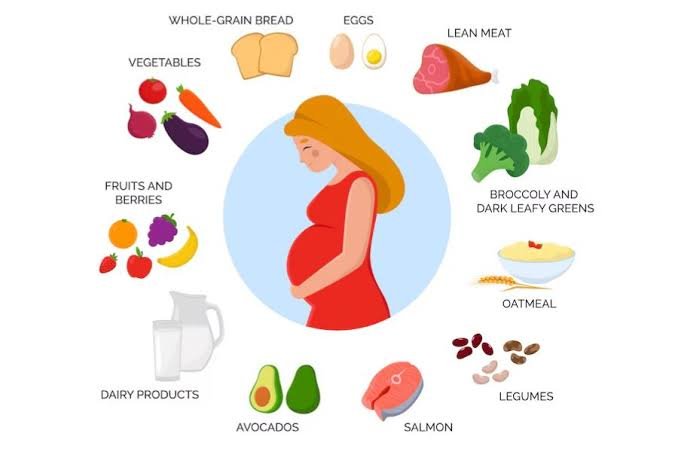The first trimester is a very important time for the mother and for the developing baby. These first 12 weeks are when the baby’s major organs start to form and the mother’s body changes. The right precautions will help you have a smooth and healthy pregnancy. Here are some important steps to consider during the first trimester:
1. Eat a Balanced Diet
During pregnancy, a mother needs proper nutrition, more predominantly in the first trimester as the baby’s development is quite fast. Eat a diet which contains enough essential nutrients like folic acid, iron, calcium and protein. Taking folic acid, a B vitamin, found in leafy greens, beans, and fortified cereals can prevent neural tube defects in the baby. Iron helps increase blood volume and calcium and protein support bone and tissue development. Do not eat raw or undercooked meats, unpasteurized dairy or certain fish, like swordfish and king mackerel, which are high in mercury.
2. Take Prenatal Vitamins
Besides eating a healthy diet, you’re going to want to take prenatal vitamins as they’re going to make sure you’re getting some of the most important nutrients your baby needs to grow. Ing take special note of folic acid supplements, which help prevent birth defects, and vitamins such as iron and calcium which will add additional support to your body’s changing needs. Never assume you know just how much vitamin you need. The best gynecologist in Lahore should be consulted before starting any vitamin regimen.
3. Stay Hydrated
To help your body stay hydrated, you need to continue to drink plenty of water; the extra blood flow to the baby can cause this. If you become dehydrated, you could experience dizziness, headaches and pre contractions further on during pregnancy. Try for about 8 to 10 glasses of water per day and avoid caffeinated drinks that can worsen dehydration.
4. Avoid Harmful Substances
During the first trimester, it is one of the most important precautions to prevent the exposure of a baby to harmful substances that may affect her development. Severe birth defects and developmental problems develop due to smoking, alcohol and recreational drugs. It is also harmful to breathe secondhand smoke even if you do not smoke yourself. If you’re having difficulty quitting smoking or other substances, see your healthcare provider about getting in a support program. Also, stay away from exposure to toxic chemicals like pesticides, caustic cleaning solutions, and some paint fumes.
5. Manage Stress and Rest
Pregnancy may be stressful in both a physical and an emotional sense. Stress management is important for both your well being and the health and well being of your baby. Try prenatal yoga, meditation, and taking deep breaths. During this time, your body will need extra rest so make sure you’re getting enough sleep! With sleep, try to get at least 7-8 hours a night, and if necessary, take naps during the day to fight fatigue.
6. Attend Regular Prenatal Check Up
You also are advised to visit your healthcare provider on a regular basis throughout pregnancy. The first few appointments during the baby’s first trimester include a check up of the baby’s development, your health and their tests such as blood work and ultrasounds. These checkups catch potential complications as early as possible and allow you to get advice on how to manage your pregnancy safely. So don’t be afraid to ask questions and voice any concerns you have during these visits.
7. Don’t Overexert Yourself Physically
It’s all good (and important) to be active, but too much of a good thing can be a bad thing, too. Avoid high impact exercises, heavy lifting or anything with the chance of injury. Instead, stick to exercising gently with walks, swimming or prenatal yoga, all which can keep you fit without putting pressure on your body. As with any workout routine, it’s always best to speak with your doctor to be sure it is safe for your baby and yourself.
8. Monitor Symptoms And Seek Help When Needed
There are many symptoms of pregnancy, but it’s important to know which ones are normal and which ones will need medical attention. In the first trimester, symptoms are common and include light cramping, mild nausea, fatigue, and many others. But if you have severe abdominal pain, heavy bleeding or severe dizziness, call your healthcare provider right away. Complications of diabetes may present these signs, and should be treated immediately.
Conclusion
If you take the proper precautions in the first trimester though, you will be able to get through these early weeks of pregnancy with less pain, and fewer risk factors. A balanced diet, keeping hydrated, managing stress and regular checkups will be the foundation for a healthy pregnancy. Communication with your gynecologist in Islamabad is very important.
